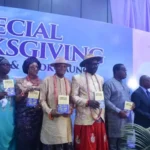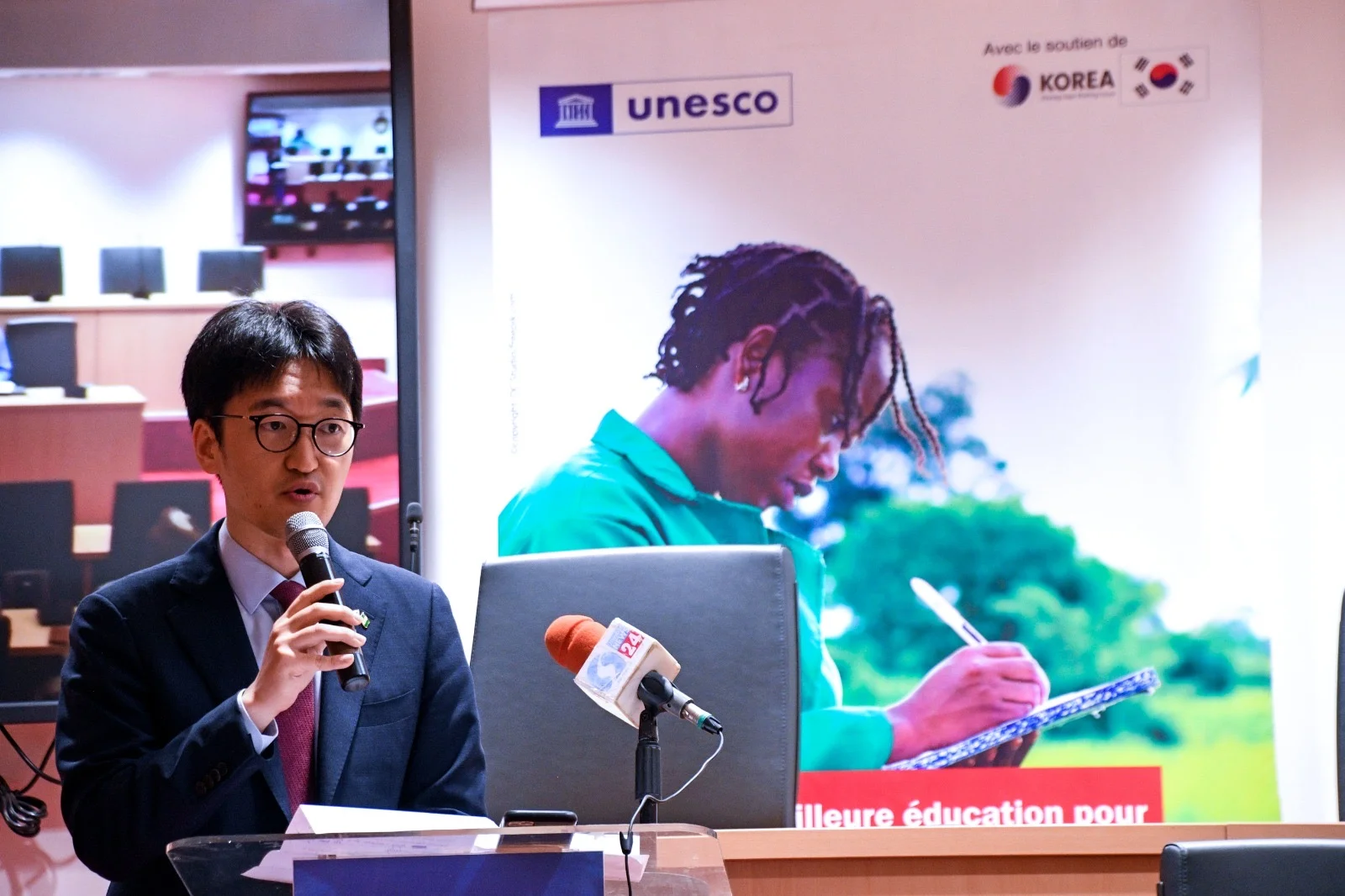By Fortune Abang
The United Nations Educational, Scientific and Cultural Organisation (UNESCO) says there is need for a strategic approach on Work-Based Learning (WBL) to bolster private sector participation in Nigeria’s agriculture sector.
Mr Mendy Albert, Head, Abuja Office and UNESCO Representative to Nigeria, made this submission on Wednesday in Abuja at the one-day workshop to promote private-sector involvement in WBL and entrepreneurship in agriculture sector.
The workshop with the theme: “Enhancing WBL and Apprenticeship in Agriculture, Strengthening Public-Private Partnerships for Skills Development and Employability” was organised by UNESCO in collaboration with Embassy of the Republic of Korea in Nigeria.
Albert was represented by Mr Manish Joshi, Regional Coordinator of the Better Education for Africa’s Rise (BEAR III) project.
According to him, the workshop is designed to bring together key stakeholders to examine and deliberate on strategies to promote WBL toward increasing private-sector participation in Nigeria’s agriculture sector.
“This dialogue is both timely and essential, particularly as Technical and Vocational Education and Training (TVET) features prominently in the Nigerian Education Sector Renewal Initiative (NESRI) under the Renewed Hope Agenda of the Federal Government.
“WBL is a proven approach that ensures learners acquire industry-relevant skills, preparing them to transition more smoothly into meaningful employment.
“By gaining hands-on experience in the real world, learners become not only job-ready but also more innovative, adaptable and self-reliant.
“WBL, an umbrella term that includes internships, apprenticeships, cooperative education, enterprise-based training and diverse forms of experiential learning, is essential and critical to building a skilled and future-ready workforce,” he said.
He said such efforts could not succeed in isolation; therefore the need for private sector to play critical role in offering employment, mentorship opportunities as co-creators of training solutions.
Speaking, Mr Namgung Tak, Chargé d’Affairés of Republic Korea Embassy in Nigeria, said the Korean Government had long supported TVET across Africa.
“We are proud to collaborate with UNESCO, ILO, FAO, the African Union, civil society organisations and many others on this important initiative.
“The BEAR project has already made a strong impact through its first two phases, Tri-Metal Aid in Eastern and Southern Africa.
“Building on those successes, the third phase of the project now includes a key initiative in Nigeria focused on WBL in agriculture,’’ he said.
Mr Onallo Akpa, Chairman, Sector Skills Council for Agriculture (SSC4A), commended the workshop’s focus on agriculture as the mainstay of Nigeria’s economy, in terms of livelihood and food security.
“Every part of this country can practice all kinds of agriculture, from crops to livestock agriculture and to all these commodities in the agricultural sub-sector.
“For us, it is an enormous task and an enormous responsibility; we cannot do it by talking; we can only do it by engaging ourselves, impact ourselves with good knowledge and then, learn how to do it,” he said.
In her remarks, Dr Muyibat Olodo, Director, Technology and Science Education, Federal Ministry of Education, described the WBL and apprenticeship as proving models for closing the gap between the school and the workplace, theory and practice.
“This programme under the BEAR III initiative sponsored by the Government of Korea reflects a shared commitment to transforming technical and vocational education across Africa, particularly within Nigeria.
“Agriculture remains central to Nigeria’s economic development, food security, and employment generation, especially for young ones; we must ensure our training systems are relevant, responsive and rooted in the real-world needs of industry,” Olodo said.
Prof. Idris Bugaje, Executive-Secretary, National Board for Technical Education (NBTE), underscored the need for enhanced policy and curriculum integration, industry-academic partnerships, as well as monitoring and reflective practice systems to achieve desired goals.
Bugaje, represented by Mr Aliyu Imafidor, General-Manager, NBTE Centre of Excellence for TVET Rand Coordinator, NBTE UNESCO-UNEVOC Centre, said that WBL was not optional, but a foundation to developing quality, relevant and employable skills in agriculture TVET.
“This multi-stakeholders approach will not only ensure graduates are equipped with skills needed for immediate workplace relevance, but will also strengthen Nigeria’s capacity to build competitive, innovative and sustainable agricultural economy,” Bugaje said.
The BEAR III project, implemented in Côte d’Ivoire, Ghana, Nigeria and Sierra Leone as beneficiaries, runs from 2023 until 2027 to strengthen national TVET systems by increasing their relevance, quality and attractiveness, particularly in strategic sectors.
The initiative is also designed to help young people develop practical, industry-relevant skills that can lead to real employment opportunities. (NAN) (www.nannews.ng)
Edited by Ifeyinwa Okonkwo and Chijioke Okoronkwo












